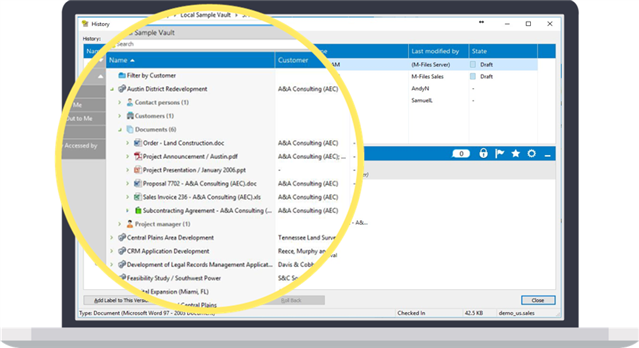I have a web project that I am developing for mfiles. My main goal is to reach the document object under the personnel object. I have tried many ways for this, but I keep getting errors because the data is too much. I also want to access the unique id of the document object to try another way. How can I view id of document objects with rest api.




